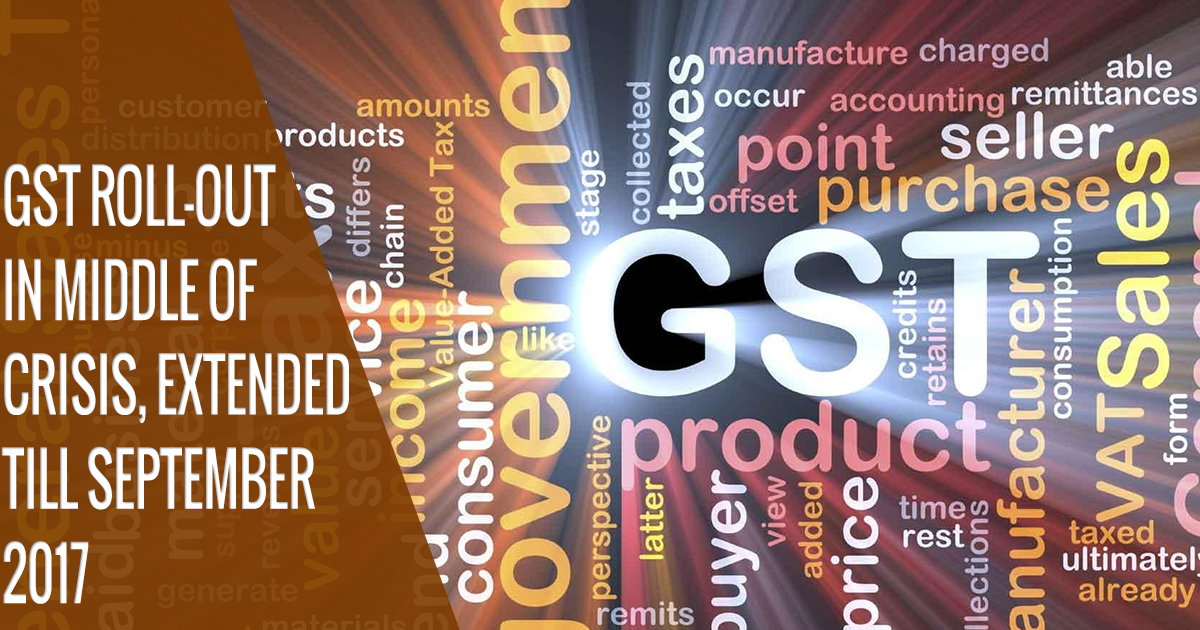The nation’s adventure that began over seven years back for an indirect duty framework that militates against falling of expenses, appeared to drag out further on Sunday, after the 6th session of the Goods and Services Tax (GST) Council was stopped for need of any indications of an agreement on the sharing of authoritative powers between the Centre and states. The meeting was obliged to meet on Monday but now it has now been scheduled for December 22-23.
With a few states charging the demonetization move couldn’t understand the real motive and the soul of helpful federalism that has helped the committee, prior the significant laws can be taken up by Parliament now is in the Budget session in January, as the progressing Winter Session closes on December 16. As known, states additionally need to support the foremost law that will characterize the centre GST and state GST, there are exceptionally chances now of the proposed tax framework being taken off from April 1, 2017. As there is an established impulse to get the GST running most recent by September 16, 2017, nonetheless, the new administration can’t be postponed past that.
Read Also: Meaning of SGST, IGST and CGST
At the point when asked whether the quarrelsome cross-strengthening issue will be settled in the following session, Finance Minister Arun Jaitley added that “yes, if time permits.” in which he said that concluding the legislative agenda — that is, the fine-tuning of three draft laws — would be on top priority.
Kerala finance minister Thomas Isaac was also in doubt regarding the application of GST within the financial economy before September as he said that, “We are unwilling to give up our position (that businesses with turnover up to Rs 1.5 crore should be under the states’ exclusive control. Unless the Centre (relents on) its stance that all service taxpayers should remain with it, there won’t be any compromise (by states).”
He guaranteed that many states have solidified their positions post-demonetisation, alluding to his state’s issues with the RBI directive undermining the cooperative banks. Jaitley said of the 195 sections of the model GST law, the initial 99 have been concluded while it was chosen to redraft one. The rest of the parts of this primary draft and two other draft laws — one relating to incorporated GST (IGST) and the remuneration for states — would likewise be settled in the following session, Jaitley said, including that regardless he “stood by the April 1 timeline for GST rollout.” “In any case, the discretion available (on GST commencement) is limited due to the Constitutional provision,” he commented.
While the cross-strengthening issue is about how to partition the 10-million indirect expense assessee base between the Center and states for regulatory and review purposes, some conceivable answers for the significant issue are as of now there on the gathering’s table. These incorporate keeping assessees with turnover underneath Rs 1.5 crore with the states and the bigger ones with the Centre, leaving beneath Rs 1.5-crore-income citizens with states and others under cross-strengthening, holding underneath Rs 1.5-crore assessees with states and others under cross-strengthening, however, all administration citizens with the Centre. Other two equations under talk are cross-strengthening where consistently both the Centre and states will choose who will review whom on the premise of hazard parameters and a total vertical division for a 3 year time, with a Centre-state proportion of 4:6; with an identical representation approach supporting the Centre for vast tax paying citizens.
A source mentioned that “With demonetisation causing a shake-up in the economy, the transition pains of GST could be deferred. “Even for the Centre, September would now look a more realistic timeline.”
It was chosen before that keeping in mind the end goal to register the states’ income losses from GST, a 14% yearly development over their 2015-16 income base (from important assessments) would be accepted. In spite of the fact that the states say they are concerned in regards to income misfortunes because of demonetization, it is not important to the GST pay talks as 2015-16 was received as the base year.
Recommended: GST Preparation Steps for Indian Companies and Traders
While industry, when all is said is done, is stressed over an empowering non-profiteering proviso in the model GST law and internet business firms worry about the maintenance of the expense gathered at source commitment on them, both the Centre and states are slanted to embrace both. The counter profiteering arrangement — which could be actualized just with the setting up of an assigned power — forces organizations to pass on the advantages from any decrease in yield assessment and ascend in info impose credit as a consequence of GST take off. Investigators are likewise worried about the probable consistency trouble on huge players in administrations division in the GST administration.










